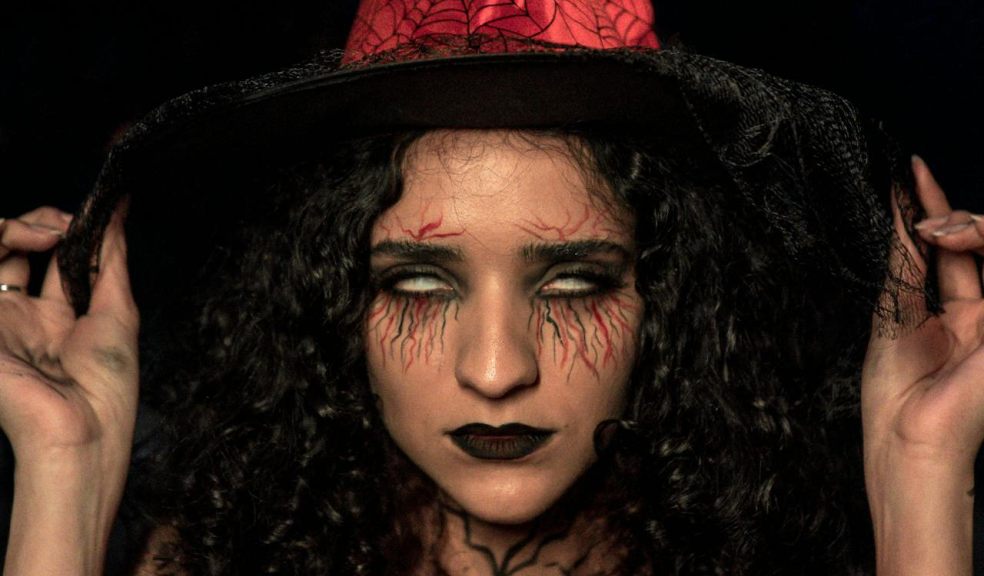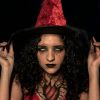
Why Do We Celebrate Halloween?
Halloween, celebrated on the night of October 31st, is a holiday filled with traditions that blend ancient customs, folklore, and modern festivities. From children trick-or-treating to adults indulging in elaborate parties, the question often arises: why do we celebrate Halloween? The answer lies in a rich tapestry of history that dates back thousands of years, encompassing religious rites, cultural adaptations, and the simple human love for dressing up and having fun.
The Ancient Origins of Halloween
Halloween has its roots in the ancient Celtic festival of Samhain (pronounced "sow-in"), which marked the end of the harvest season and the beginning of winter. Celebrated by the Celts in what is now Ireland, the United Kingdom, and northern France, Samhain was a time when people believed the boundary between the living and the dead was at its thinnest. The Celts feared that on this night, spirits could cross over into the world of the living, causing mischief and havoc.
To ward off these wandering spirits, the Celts would light bonfires, wear costumes made of animal skins, and leave offerings of food outside their homes. These customs were intended to appease or scare away the ghosts, ensuring that the coming winter would be safe and prosperous.
The Influence of Christianity
As Christianity spread across Europe, the church sought to replace pagan festivals with Christian holidays. In the 8th century, Pope Gregory III designated November 1st as All Saints' Day, a time to honor all saints and martyrs. The evening before was known as All Hallows' Eve, which eventually became Halloween. Despite the church's attempts to Christianise the holiday, many of the old Samhain customs persisted, blending with Christian traditions.
All Souls' Day, celebrated on November 2nd, was another church holiday designed to honour the dead. On this day, people would pray for the souls of the deceased, often lighting candles and holding parades. The practice of "souling," where poor people would visit wealthy homes and offer prayers for the dead in exchange for food, is believed to be an early precursor to modern-day trick-or-treating.
Halloween in the UK
In the UK, Halloween has long been celebrated, albeit with regional variations and differing levels of enthusiasm over the centuries. The holiday's roots in Celtic tradition meant that it was more prevalent in Scotland, Ireland, and parts of Wales, where customs like guising—children going door-to-door in disguise and performing a trick for treats—were well established.
However, the modern, more commercialised version of Halloween that we see today started to gain momentum in the UK during the 20th century, influenced by the popularisation of the holiday in America. Post-World War II, Halloween began to shift from being a night of traditional customs to a more public, community-focused event. The increasing influence of American films and television further popularised Halloween in the UK, introducing elements such as pumpkin carving, elaborate costumes, and trick-or-treating.
Today, Halloween in the UK is widely celebrated across the country, with both children and adults eagerly participating in the festivities. Supermarkets start stocking Halloween-themed products weeks in advance, and the streets come alive with spooky decorations and costumes. Trick-or-treating has become a familiar sight, though it is often more structured than in America, with local councils sometimes providing guidelines to ensure safety and respect for those who do not wish to participate.
For both men and women, Halloween fancy dress has become a significant part of the holiday. Men might opt for classic scary figures like Dracula, zombies, or mummies, while women might choose witches, black cats, or pop culture icons with a spooky twist. The rise of themed Halloween parties has also led to more creative and coordinated costumes, with people embracing everything from historical figures to humorous or ironic takes on modern-day celebrities and trends.
The celebration of Halloween in the UK has also expanded beyond just the evening of October 31st. Schools often host Halloween-themed events, and workplaces may encourage employees to dress up for the day. The holiday has become a time for socialising and fun, with the emphasis very much on creativity and community spirit.
Trick-or-Treating: A Beloved Tradition
Trick-or-treating is perhaps the most well-known Halloween tradition, especially for children. This custom can be traced back to the medieval practice of "souling" mentioned earlier, as well as the Scottish and Irish tradition of "guising," where children would dress up in costumes and go door-to-door, performing tricks or songs in exchange for food or coins.
In the UK, trick-or-treating has become a widespread practice, although it is sometimes met with a mix of enthusiasm and reluctance. Some families embrace the tradition wholeheartedly, decorating their homes and stocking up on sweets, while others may prefer to opt-out, often indicated by a lack of decorations or a sign asking for no visitors. Despite this, the practice has become a central activity of Halloween in the UK, with children dressing up in costumes and going door-to-door in their neighbourhoods, collecting sweets from their neighbours.
Today, trick-or-treating is a cherished tradition that brings communities together. It's not just about the sweets (though that is certainly a big part of the appeal); it's also about the joy of dressing up, the excitement of going out after dark, and the sense of community that comes from participating in a shared tradition.
Halloween: A Celebration of Creativity and Community
While the origins of Halloween are steeped in ancient beliefs and religious practices, the modern holiday is primarily a celebration of creativity, imagination, and community. It's a time when people of all ages can come together, don elaborate costumes, and immerse themselves in a world of fantasy and fun.
For men and women alike, Halloween fancy dress provides an opportunity to step outside the ordinary, whether by embracing the spooky spirit of the season or by taking on a completely different persona for the night. The tradition of dressing up has become one of the most beloved aspects of the holiday, allowing everyone to participate in the festivities in their own unique way.
Halloween also serves as a reminder of the importance of community. Whether it's children trick-or-treating in their neighbourhoods, families carving pumpkins together, or friends hosting Halloween parties, the holiday encourages people to connect with one another and share in the joy of the season.
Conclusion
So why do we celebrate Halloween? The answer is both simple and complex. We celebrate Halloween because it allows us to honour ancient traditions, embrace our creativity, and connect with our communities. It's a holiday that has evolved over thousands of years, adapting to different cultures and times, but always retaining its core spirit of fun and celebration.
As we don our Halloween fancy dress, whether it's a scary costume or something light-hearted, we become part of a tradition that spans generations and continents. Halloween is more than just a night of tricks and treats; it's a celebration of our shared history, our creativity, and the simple joy of coming together to enjoy the magic of the season.

















